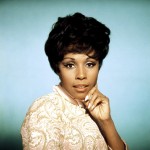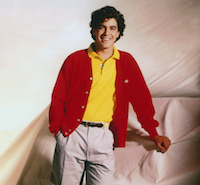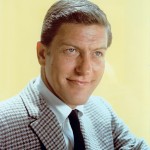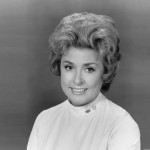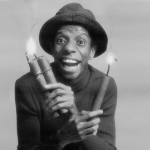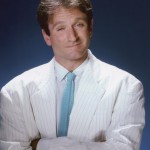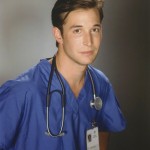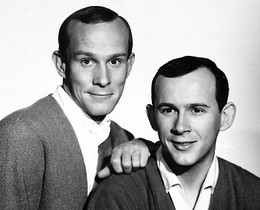 As one half of the comic sibling duo, Tommy Smothers brought political consciousness to the American family room when he and his younger brother, Richard “Dick” Smothers, launched “The Smothers Brothers Comedy Hour” in 1967. Though it was short-lived, the variety hour featured relevant artists and humorists from the counter-culture generation and appealed to a younger, hipper audience. Broadcasting during some of the most turbulent years of our nation’s history, the Smothers Brothers didn’t steer away from tough topics.
As one half of the comic sibling duo, Tommy Smothers brought political consciousness to the American family room when he and his younger brother, Richard “Dick” Smothers, launched “The Smothers Brothers Comedy Hour” in 1967. Though it was short-lived, the variety hour featured relevant artists and humorists from the counter-culture generation and appealed to a younger, hipper audience. Broadcasting during some of the most turbulent years of our nation’s history, the Smothers Brothers didn’t steer away from tough topics.
“Vietnam and Kent State and the Chicago Riots of the Democratic Convention and the assassination of Bobby Kennedy and Martin Luther King: All this happened while we had a television show,” says Tommy Smothers.
The duo fought CBS censors to air protest songs by musicians Joan Baez and Pete Seeger and comedy sketches that were critical of the Vietnam War. In the end, the network pulled the plug on the popular but politically volatile variety show.
“The point is we thought the show should be really entertaining, but it should have some relevance to it about what’s happening,” remembers Smothers. “Bob Hope was saying, ‘Support the troops and support the president,’ and no one was saying ‘Well, there should be another point of view, too.’ That was our point of view. It was very gentle, and it was done in wonderful satire, and if we did this today, we’d be thrown off the air again, maybe quicker,” he says.
Smothers Brothers Make A Comeback
Following cancellation of “The Smothers Brothers Comedy Hour,” the siblings had trouble finding work.
“We stopped performing. Las Vegas dried up for us. No one would hire us. We started doing dinner theater,” Smothers recalls.
Finally, the brothers landed a role in a Broadway play, and they slowly — over eight hard years — built their careers back. Today, the duo headline comedy tours, but it wasn’t without a lot of pain, personal growth, and a bit of therapy, too.
“So, we had to have couple’s counseling and my brother suggested it. We weren’t even talking to each other hardly, and it wasn’t over anything important — just timing or what time we got dressed to get ready to go on. … Dickie says [the brothers’ relationship] is like an old marriage with a lot of fighting and no sex. Dickie’s the funny one offstage and I’m the funny one onstage,” says Tommy Smothers.






